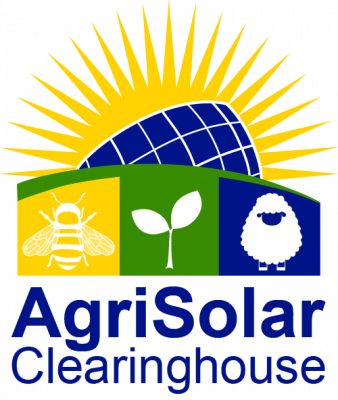This publication intends to inspire critical thinking about the importance of social aspects in agrisolar projects. We highlight considerations related to cultural landscapes, social acceptance, and participatory planning and offer lessons learned from case studies and a Stakeholder Engagement Plan to empower project planners and stakeholders. The intended audience for this chapter includes project planners, community developers, solar developers, researchers, landowners, and community members. While broad, the intent is to provide background, context, and considerations for these different audiences and an approach to meaningful engagement.
As the number of solar parks in the UK increases, there is growing interest in the interaction of wildlife with ground-mounted photovoltaic (PV) solar panels. The aim of this document is to identify potential ecological issues of solar PV (as relevant to the UK).
This report importantly provides a critical lens through which the importance of policy and land use analysis is justified as a response to conflicting community feedback about the agriculture-solar shift. The findings of this report are particularly relevant for the LACDRP, the client, as the agency has been tasked with identifying opportunities to preserve agriculture across the County and supporting local renewable energy resources. The agency will use the findings of this report to guide updates to the Los Angeles County General Plan and the Los Angeles County Climate Action Plan. This could serve as a guide for the future development of agrivoltaic operations in similar geographic locations with similar concerns related to housing and agricultural land use situations.
